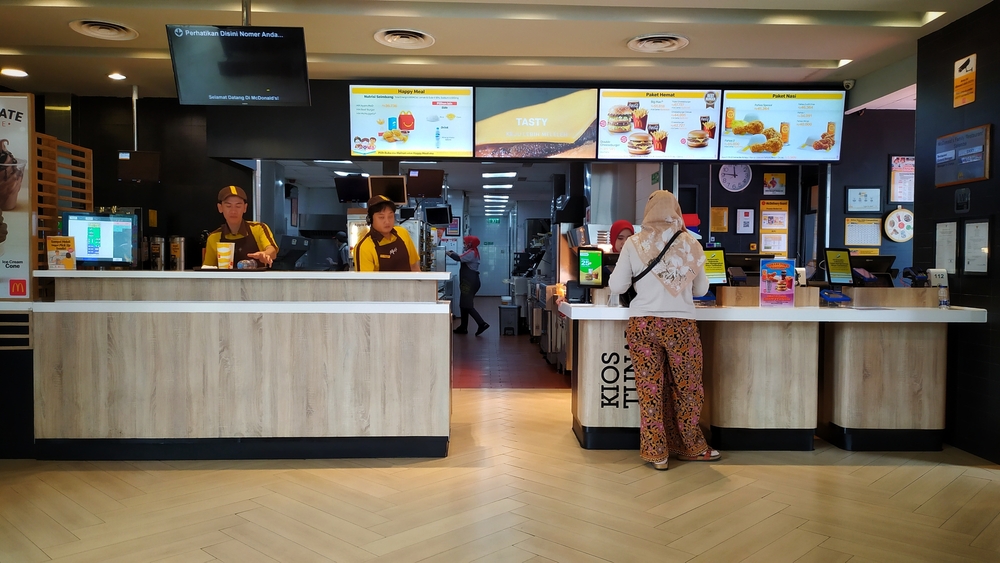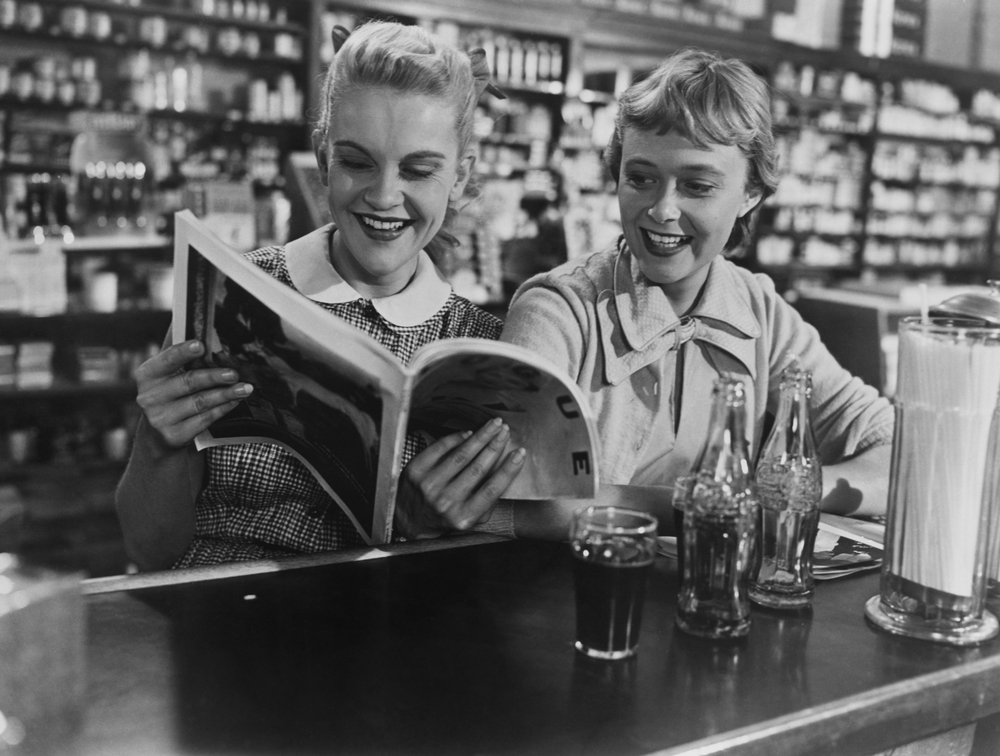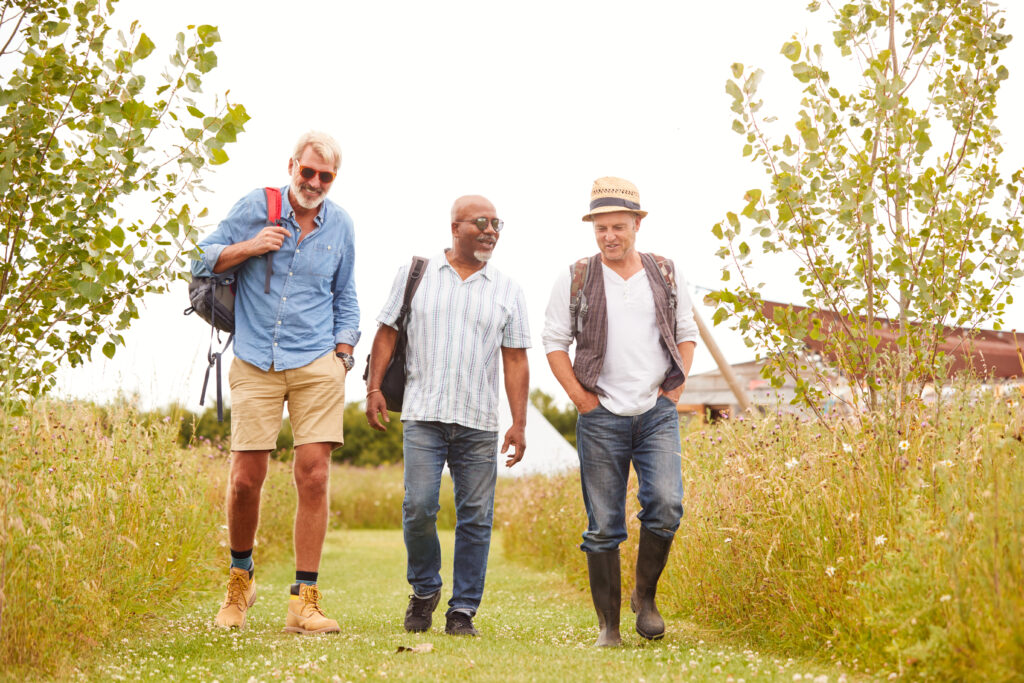Explore the slang phrases that define America’s regions and reveal your hometown.

Ever notice how the way you talk gives away where you’re from? Language is a powerful indicator of identity, and regional slang in the United States reveals so much about cultural roots, social customs, and the character of a place. From the gentle drawl of the South to the clipped intensity of the Northeast, words act as verbal fingerprints, linking us to the cities, towns, and communities where we grew up.
These quirky phrases—often used without a second thought—form a kind of verbal shorthand. They’re not just expressions; they’re cultural markers that signal shared experience and belonging. Whether you’ve always said “y’all,” argue over “pop” vs. “soda,” or drop a casual “hella” in conversation, your slang says a lot about you. In this list, we explore 13 region-specific phrases that immediately identify your hometown, showcasing the delightful linguistic diversity of American English.
1. “Y’all” Is A Southern Staple That Shows Warm Hospitality

The use of “y’all” instantly transports you to the heart of the American South. A shortened form of “you all,” this inclusive and friendly contraction is a hallmark of Southern speech. It’s not just a linguistic quirk—it’s a cultural badge of honor that reflects the region’s deep-rooted values of warmth, politeness, and community. “Y’all” is used in everything from casual greetings to formal conversations, and it’s one of the most recognizable indicators of Southern hospitality.
Whether you’re walking into a diner in Georgia or catching up with friends on a front porch in Alabama, you’ll hear “y’all” used effortlessly and often. It’s a term that brings people together, offering a sense of camaraderie and warmth in a way that more formal language just doesn’t. The phrase has even made its way into music, movies, and mainstream culture—but true Southerners know, if it flows naturally from your lips, it’s probably because it’s been part of your world for as long as you can remember, as reported at Southern Living.
2. “Pop” Instead Of “Soda” Is A Sure Sign You’re From The Midwest

In the Midwest, asking for a “pop” is perfectly normal, even though it might confuse folks from other parts of the country. This regional slang for a carbonated beverage harks back to the early days of soda pop, when “pop” referred to the sound of a bottle cap being opened. Today, it’s still the go-to word in states like Ohio, Michigan, and Minnesota, where it functions almost like a regional litmus test—one word and people can guess your origin.
Saying “pop” is more than a preference—it’s a form of regional pride. Midwesterners often chuckle at visitors who use “soda” or “soft drink,” and friendly debates over terminology are common when people from different regions get together. While the term has seen some national crossover, it remains most deeply associated with the cultural identity of the heartland. “Pop” is a part of childhood, Friday night pizzas, and gas station runs—a simple word loaded with nostalgic power, as stated in The Dictionary of American Regional English.
3. “Hella” Is Northern California’s Trademark Word For Intensity

If you hear someone say something was “hella good” or “hella hard,” you can be almost certain they’re from Northern California, particularly the Bay Area. “Hella” emerged in the 1970s and quickly became embedded in the local dialect as a way to intensify adjectives. It means “very” or “a lot,” and although it’s made its way into broader youth culture, it still carries strong ties to NorCal roots. Its casual, laid-back vibe matches the lifestyle of the region it comes from.
Teens and adults alike use “hella” to express emphasis without sounding overly formal. You might hear, “That concert was hella amazing,” or “This line is hella long.” The word feels effortless in everyday speech and has become a unique cultural signifier of the West Coast. It’s not just slang—it’s a tiny rebellion against the standard, polished speech of other regions, and a reflection of the innovation, chill attitude, and distinctiveness that defines Northern California life, as mentioned at KQED.
4. “Wicked” Is A New Englander’s Go-To For Anything Extreme

The word “wicked” may sound like something out of a fairy tale, but in New England, particularly in Massachusetts, it’s everyday talk. Here, “wicked” is used to intensify anything—from how cold it is outside to how good a pizza tastes. Saying, “That game was wicked awesome,” doesn’t imply anything sinister. It simply means it was really, really good.
This regional favorite reflects New England’s flair for drama and emphasis in casual conversation. Bostonians in particular sling the term with pride, often dropping the “r” at the end for added authenticity. It’s a phrase that binds communities together, marking speakers as locals and drawing smiles from fellow New Englanders. If you’re saying “wicked” and not thinking twice about it, there’s a good chance your roots are somewhere along the northeastern coast.
5. “Coke” Means All Sodas If You’re From The South

In many parts of the Southern U.S., asking for a “Coke” doesn’t necessarily mean you want a Coca-Cola. It could mean a Dr. Pepper, a Sprite, or even a Mountain Dew. “Coke” has become a catch-all term for soft drinks in states like Georgia, where the Coca-Cola Company originated. This regional language twist can be baffling to outsiders but feels completely normal to locals.
If you’re dining in the South and order a “Coke,” the follow-up question will often be, “What kind?” It’s an example of how brand dominance has shaped everyday speech. Using “Coke” generically is part of the cultural landscape, a little quirk that reminds people of the region’s history and its deep-rooted ties to one of America’s most iconic brands.
6. “Ope” Is The Midwest’s Unique Apology In A Word

“Ope” is one of those words that slips out of a Midwesterner’s mouth almost without thought. Whether someone is reaching past you at the grocery store or bumping into you in a crowd, you’ll hear it: “Ope, sorry!” It’s the linguistic equivalent of a Midwestern bow, full of humble, self-deprecating charm. This reflexive apology reflects the region’s strong sense of politeness and desire to avoid confrontation.
More than just an expression of courtesy, “ope” has become a cultural identifier. It pops up in memes and social media, lovingly embraced by locals who see it as part of their regional DNA. Short, sweet, and surprisingly expressive, it’s a shining example of how even the smallest words can carry a whole lot of personality.
7. “Bless Your Heart” Hides A Southern Backhanded Compliment

To the untrained ear, “Bless your heart” might sound like a kind gesture. But anyone familiar with Southern etiquette knows it often comes with a hidden edge. Used with a certain tone, it becomes a polite way of saying someone is clueless, misguided, or pitiful—while keeping the appearance of sweetness. “She brought store-bought pie to the church social—bless her heart.”
This phrase is emblematic of the South’s intricate social dance. It allows for critique while preserving manners. The subtleties of tone, facial expression, and context are what give the phrase its sting—or its sincerity. Either way, if you’re using it or decoding it with ease, you’ve likely spent some serious time below the Mason-Dixon line.
8. “Bubbler” Is Wisconsin’s Word For A Drinking Fountain

In most parts of the U.S., you’ll find a “drinking fountain” in schools or parks. But in Wisconsin, that same fixture is called a “bubbler.” The term originated in the early 20th century, possibly from a brand name, and has stuck with the region ever since. It’s one of those hyper-specific slang terms that immediately pins your location on a map.
People from outside the state may be confused when someone says, “Where’s the nearest bubbler?” But to Wisconsinites, it’s just part of normal life. It’s a linguistic oddity that proudly sets them apart and gives the local dialect a charming, regional flavor.
9. “Jawn” Is Philadelphia’s All-Purpose Noun

In Philadelphia, “jawn” can mean nearly anything. It’s an incredibly flexible word used in place of nouns—objects, people, places, and even concepts. You might hear, “That jawn was lit,” or “Did you bring the jawn for the party?” No other city uses it, making it uniquely and proudly Philadelphian.
The origins of “jawn” are believed to come from “joint,” a similar catch-all term, but Philly has made it its own. Locals understand how to use it instinctively, and its adaptability makes it a beloved piece of regional identity. If “jawn” is in your vocabulary, you’re carrying a piece of Philly pride.
10. “Cattywampus” Is A Southern Way Of Saying Crooked Or Askew

“Cattywampus” is one of those delightful Southern words that sounds as colorful as it is descriptive. It means crooked, out of order, or askew—perfect for describing a tilted picture frame or a plan that’s gone off the rails. You might hear, “That shelf is all cattywampus,” or “The whole week’s been cattywampus since Monday.”
This playful term reflects the creativity and charm of Southern speech. It rolls off the tongue and adds a whimsical flair to everyday conversations. If this word is part of your mental dictionary, there’s a strong chance you were raised somewhere with sweet tea and cicadas in the summer.
11. “Lagniappe” In Louisiana Means A Little Something Extra

In Louisiana, particularly in areas influenced by Creole and Cajun culture, “lagniappe” refers to a small bonus or an extra gift given to a customer—a little something more than what was expected. It could be an extra beignet at the bakery, a small side dish at a restaurant, or a friendly token from a shopkeeper. The word, pronounced “lan-yap,” embodies a spirit of generosity and hospitality that’s deeply ingrained in Louisiana’s cultural fabric.
Rooted in French and Spanish colonial history, “lagniappe” is more than just a term—it’s a cherished tradition. It represents the joy of giving and receiving without obligation. In a state where food, music, and celebration are foundational, the concept of lagniappe adds warmth to daily life. When you hear someone say, “Here’s a little lagniappe for you,” you’re experiencing a tradition that’s all about making people feel appreciated and welcome.
12. “Fixin’ To” Is How Southerners Say They’re About To Do Something

“Fixin’ to” is a beloved Southern expression that signals intent or immediate action. When someone says, “I’m fixin’ to head to the store,” it means they’re getting ready to do it soon, but maybe not this second. It’s casual, relaxed, and a perfect representation of the region’s conversational ease. This phrase adds a rhythmic, musical quality to speech, hinting at the South’s storytelling roots and patient pace.
The expression also offers a glimpse into how Southerners talk about time and intention—not in sharp, abrupt terms, but in a gentler, more flexible way. It’s part of a larger communication style that’s as much about mood as meaning. “Fixin’ to” softens a command or plan, inviting listeners into a shared moment. If this phrase rolls off your tongue naturally, chances are you’ve spent years soaking up porch talk and backyard barbecues.
13. “Yinz” Is Pittsburgh’s Unique Twist On Addressing A Group

In Pittsburgh and surrounding parts of Western Pennsylvania, “yinz” is the local version of “you all” or “y’all.” It’s a distinctive piece of the regional dialect known as Pittsburghese, and it’s used to address a group of people in a friendly, familiar way. “Are yinz coming to the game tonight?” is a question you might hear walking the streets of the Steel City, particularly among lifelong residents.
“Yinz” reflects the area’s working-class roots and strong community bonds. It’s a term that binds people together and gives Pittsburghers a sense of shared identity. While the word may sound odd to outsiders, for locals, it’s a point of pride. Whether at a Pirates game or a family cookout, “yinz” is a signal that you belong. If the word is part of your regular speech, there’s no mistaking where you come from—it’s Western PA, no doubt about it.
